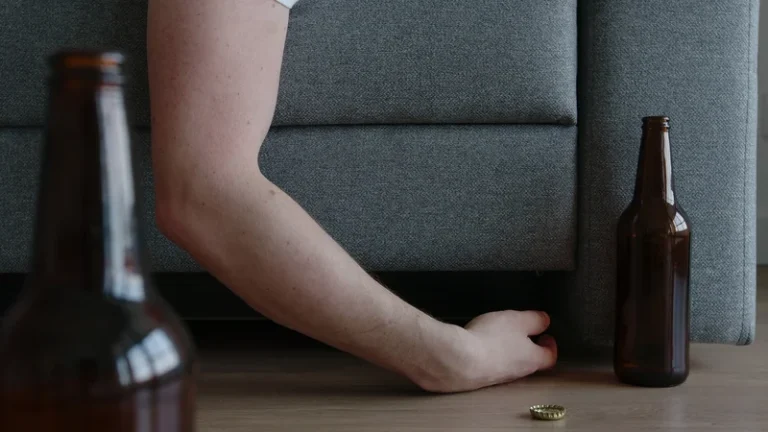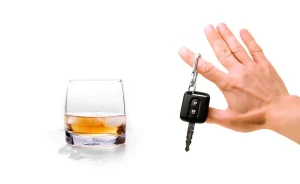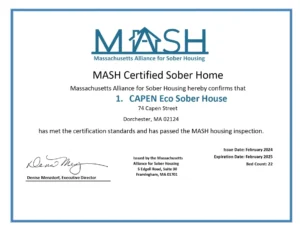+86-(0)768-6925905

Your doctor may also prescribe medications that can reduce withdrawal symptoms and cravings. Vivitrol (naltrexone), Campral (acamprosate), and Antabuse (disulfiram) have been FDA-approved to treat alcohol use disorder. If you have been drinking heavily and chronically, it is also a good idea to have your detox medically supervised to minimize your risk of potentially dangerous withdrawal complications. In the outpatient setting, mild alcohol withdrawal syndrome can be treated using a tapering regimen of either benzodiazepines or gabapentin administered with the assistance of a support person.

Treatment for Alcohol Addiction
Stopping drinking abruptly can lead to seizures and can even be fatal. Unstable vital signs increase the risk of complications and can be managed with medications. People who experience severe withdrawal symptoms or DTs may require hospitalization or intensive care Alcohol Detox unit (ICU) treatment during alcohol. When you first stop drinking, your body will begin to detoxify itself. This can lead to withdrawal symptoms, including anxiety, tremors, sweating, and nausea. A number of health conditions can often go hand in hand with AUD.
- Alcohol withdrawal (alcohol withdrawal syndrome) is a range of symptoms that can happen if you stop or significantly reduce alcohol intake after long-term use.
- People who experience severe withdrawal symptoms or DTs may require hospitalization or intensive care unit (ICU) treatment during alcohol.
- Mild symptoms may progress to alcohol hallucinosis, characterized by visual or auditory hallucinations that usually subside within 48 hours after alcohol cessation.
- They can recommend treatment options that can help, including therapy and medications.
- While receiving treatment, healthcare providers will want to monitor you continuously to make sure you don’t develop life-threatening complications.
Complications
Crystal Raypole has previously worked as a writer and editor for GoodTherapy. Her fields of interest include Asian languages and literature, Japanese translation, cooking, natural sciences, sex positivity, and mental health. In particular, she’s committed to helping decrease stigma around mental health issues.
The 4 Stages of Alcohol Recovery: A Path to Healing
Learn how to find higher quality, science-backed alcohol treatment to raise your changes for success. Just like any other medical condition, people with substance use disorders deserve to have a range of treatment options available to them. Scientists are working to develop a larger menu of pharmaceutical https://ecosoberhouse.com/ treatments that could be tailored to individual needs. Given the diverse biological processes that contribute to AUD, new medications are needed to provide a broader spectrum of treatment options. Brief Interventions are short, one-on-one or small-group counseling sessions that are time limited.


Each of these symptoms can increase in intensity depending on the severity of the withdrawal. Behavioral therapies can help those struggling with alcohol abuse focus on avoiding old patterns and identify the root causes of addiction. Over time, your central nervous system adjusts to having alcohol around all the time. Your body works hard to keep your brain in a more awake state and to keep your nerves talking to one another.
Ask For Support From a Loved One

While a person goes through alcohol detox, they can develop several symptoms of withdrawal. Self-detox is an individualized approach without professional or medical support. Because of this, it’s important to plan around the alcohol detoxification process carefully. Patients presenting with alcohol withdrawal syndrome should receive thiamine and folate supplementation as they are often nutritionally deficient.
Types of Behavioral Treatments

